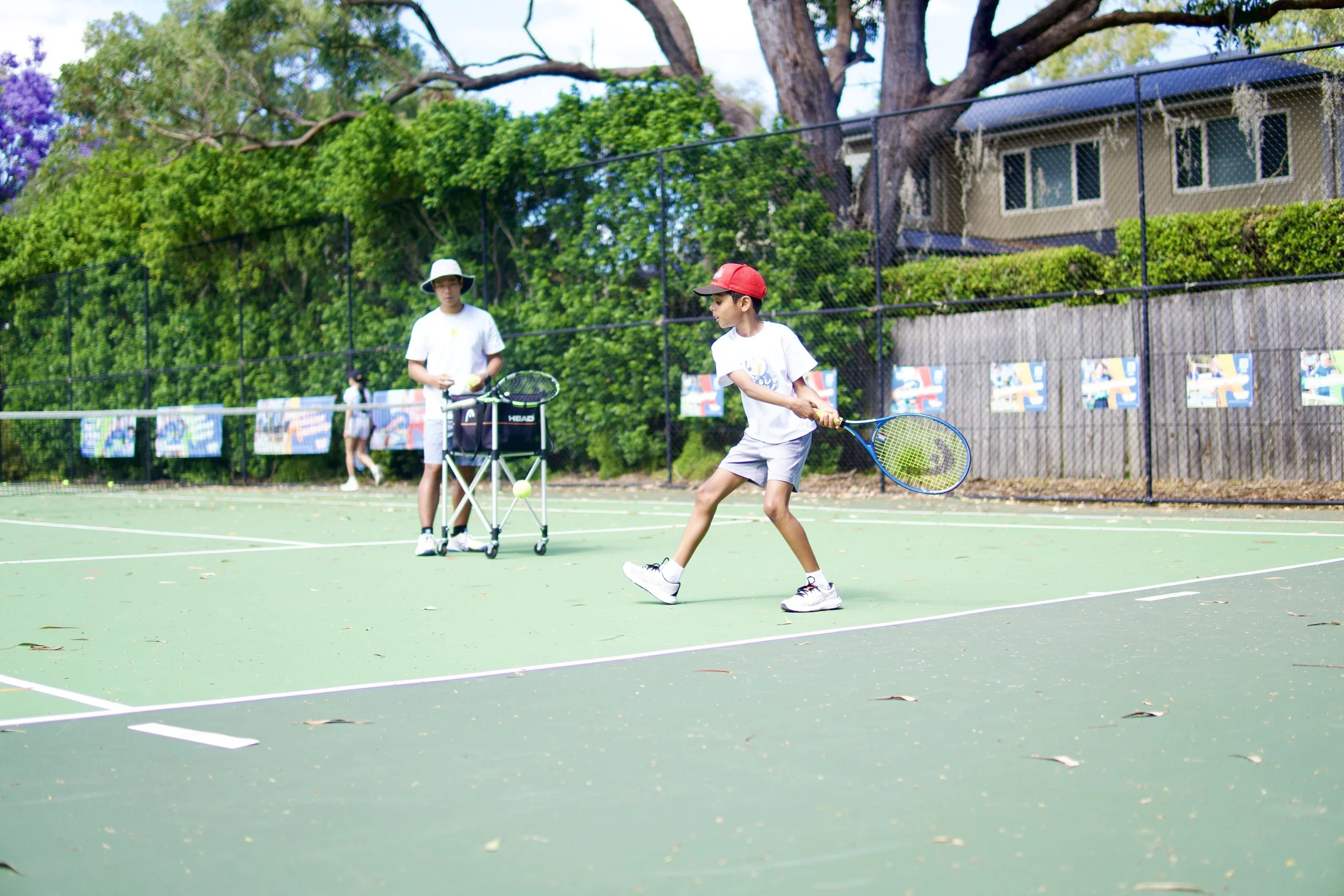The Hidden Superpower of a Calm Tennis Parent
When your child steps onto the court, you’re right there with them — not physically hitting the ball, but emotionally living every point.
Your heart beats faster with every long rally, you feel every mistake, and you celebrate every winner.
That emotional connection is beautiful — it’s a sign that you care deeply about your child’s growth and happiness. But here’s something powerful that every tennis parent should know:
Your calmness is your child’s secret advantage.
Children Feel What You Feel
Kids, especially those between 5 and 12, are masters of emotional imitation. They might not always understand tactics or strategy, but they instantly pick up on energy.
If a parent looks tense, frustrated, or overly invested in the outcome, the child often absorbs that pressure — even if nothing is said aloud. Suddenly, the match stops being about playing and starts being about pleasing.
On the other hand, when a parent stays calm — cheering respectfully, smiling, and showing steady encouragement — the child feels safe to take risks, to learn, and to enjoy the challenge. That’s when real confidence starts to grow.
Calm Parents Create Calm Competitors
At Our Tennis Journey, we see this pattern every week.
Two players of similar ability face each other — both trained, both focused. But one parent stays relaxed, quietly clapping between points, while the other shows visible frustration.
The difference?
The first child plays freer, problem-solves better, and smiles more, even when behind.
The second tends to tighten up, avoid mistakes, and play “not to lose.”
Tennis, at its core, is an emotional sport. Matches are won not just by skill, but by composure — and parents play a key role in teaching that composure through example.
What Calm Support Looks Like
Being calm doesn’t mean being silent or indifferent. It means being intentional in the way you support your child.
Here are a few small but powerful habits that make a big difference:
Before the match: Offer a simple, positive cue — “Have fun out there” or “Focus on your effort.”
During play: Avoid reacting to errors. Smile. Show thumbs-up after good rallies or effort plays.
After the match: Start with praise for attitude and effort — “I loved how you kept fighting” or “I’m proud of how you handled that tough point.”
By keeping emotions steady, you’re giving your child something invaluable — the freedom to compete without fear of judgment.
Calm Energy Builds Lifelong Resilience
One of the most beautiful things about tennis is that it mirrors life.
There will always be highs and lows, good days and tough ones.
When parents model calmness, children learn how to regulate their own emotions — how to stay composed when things don’t go as planned.
Years later, whether your child keeps competing or not, that emotional control becomes a life skill:
Staying calm before an exam
Handling pressure in a job interview
Dealing with challenges in relationships
That’s the true power of a calm tennis parent — it goes far beyond the court.
The Quiet Message You Send
Your child doesn’t need you to fix their mistakes or call out tactics.
They just need to feel your belief — that quiet, steady support that says:
“I’m proud of you, no matter what the score is.”
That simple message, shown through your calm energy, is worth more than any technical advice.
It helps your child step on court with courage, compete with joy, and leave with their love for the game intact.
Because in the end, that’s what Our Tennis Journey is all about — helping every young player grow through tennis, with the right guidance, the right mindset, and the right support at home.

